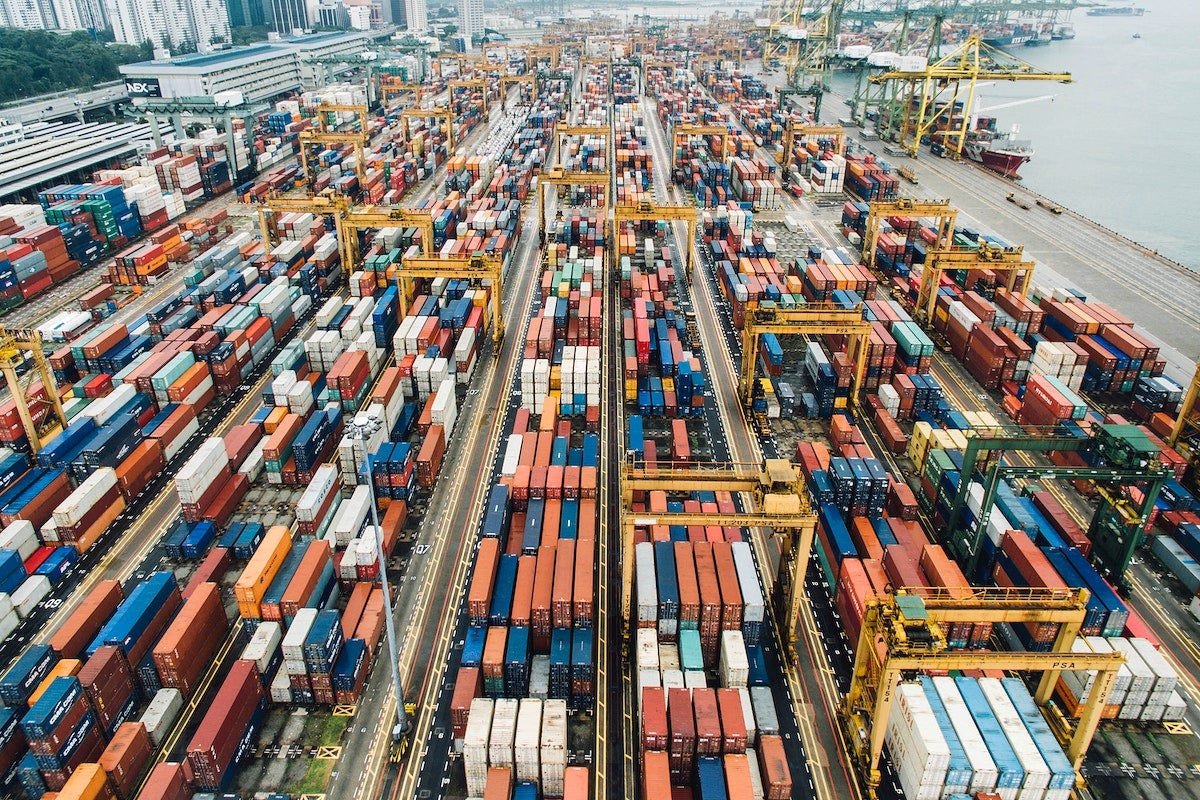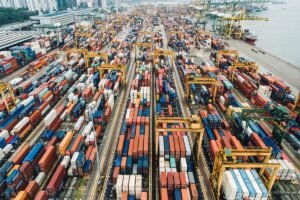Global Economy Chiefs Wary of Potential Trump Presidency
- Global economy chiefs express concern over potential Trump presidency, fearing disruption to the global finance system.
- Trump’s proposed policies include a 10% tariff on imports and tax breaks, potentially adding $7.5 trillion in new U.S. debt.
- Financial markets react to Trump’s potential victory, with the dollar seeing its biggest monthly gain in over two-and-a-half years.
- The potential impacts on debt levels, global trade, and efforts to combat climate change are causing significant concern among global economy chiefs.
As the U.S. presidential election draws closer, global economy chiefs are expressing concern over the potential return of Donald Trump to power. The International Monetary Fund and World Bank annual meetings, which typically focus on issues such as low growth, high debt, and escalating wars, have been dominated by discussions about the potential impacts of a Trump presidency.
Trump’s recent gains in the polls have erased much of the early advantage of his Democratic opponent, Vice President Kamala Harris. This shift has been a major topic of conversation among finance officials, central bankers, and civil society groups attending the meetings in Washington. The primary concerns revolve around Trump’s potential to disrupt the global finance system with massive tariff increases, trillions of dollars more in debt issuance, and a reversal of efforts to combat climate change in favor of more fossil fuel energy production.
Bank of Japan Governor Kazuo Ueda expressed the general sentiment, stating, Everyone seemed to worry about the high uncertainty on who would become the next president, and what policies would be taken under the new president. Another central banker, speaking anonymously, was more blunt: It’s starting to feel like Trump is going to win.
Trump’s Proposed Policies and Their Potential Impact
Trump’s proposed policies include a 10% tariff on imports from all countries and 60% duties on imports from China. These measures would likely disrupt global supply chains, trigger retaliation, and increase costs. German Finance Minister Christian Lindner warned that a U.S.-EU trade war would only result in losers.
Trump has also promised numerous tax breaks, including extending all 2017 individual tax cuts and exempting income from tips, overtime pay, and Social Security retirement benefits. Budget analysts estimate that these measures would add at least another $7.5 trillion in new U.S. debt over a decade, on top of the $22 trillion in debt growth previously estimated by the Congressional Budget Office through 2034.
In contrast, a Harris victory is viewed by finance officials as a continuation of President Joe Biden’s re-engagement in multilateral cooperation over the past four years on climate, corporate taxes, debt relief, and development bank reforms. While her plans are also likely to increase debt, it would be far less than Trump’s.
Market Reactions and Concerns for Emerging Markets
Financial markets are already reacting to the possibility of a Trump victory. The dollar has seen its biggest monthly gain in over two-and-a-half years, with an index measuring the greenback against major currencies up 3.6% in October. Standard Chartered analyst Steve Englander attributed 60% of the dollar’s upward move to Trump’s improved prospects in betting markets.
The potential for a Trump presidency has also raised concerns about the impact on emerging markets. The Federal Reserve’s recent half-point rate cut, which would typically signal a Goldilocks moment for emerging-market growth, is now being viewed with caution. Turkish Finance Minister Mehmet Simsek warned that larger U.S. deficits under a Trump presidency could lead to higher long-term rates and a stronger U.S. dollar, which would not serve emerging markets well.
The possibility of a global trade war and the stalling of inflation pressures are also causing concern. South Africa’s central bank governor, Lesetja Kganyago, warned that if one country imposes tariffs and others respond in kind, the disinflationary process could become challenging for the world’s central banks.
In conclusion, the potential return of Donald Trump to the U.S. presidency is causing significant concern among global economy chiefs. The potential impacts on the global finance system, debt levels, and efforts to combat climate change are all areas of concern. As the U.S. election draws closer, these concerns are likely to intensify, and the world will be watching closely to see how the situation unfolds. The outcome of the election will undoubtedly have far-reaching implications for the global economy.














Post Comment